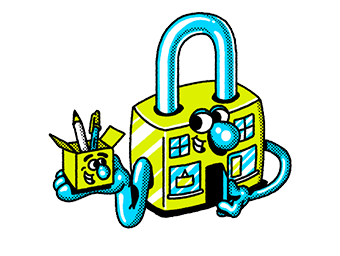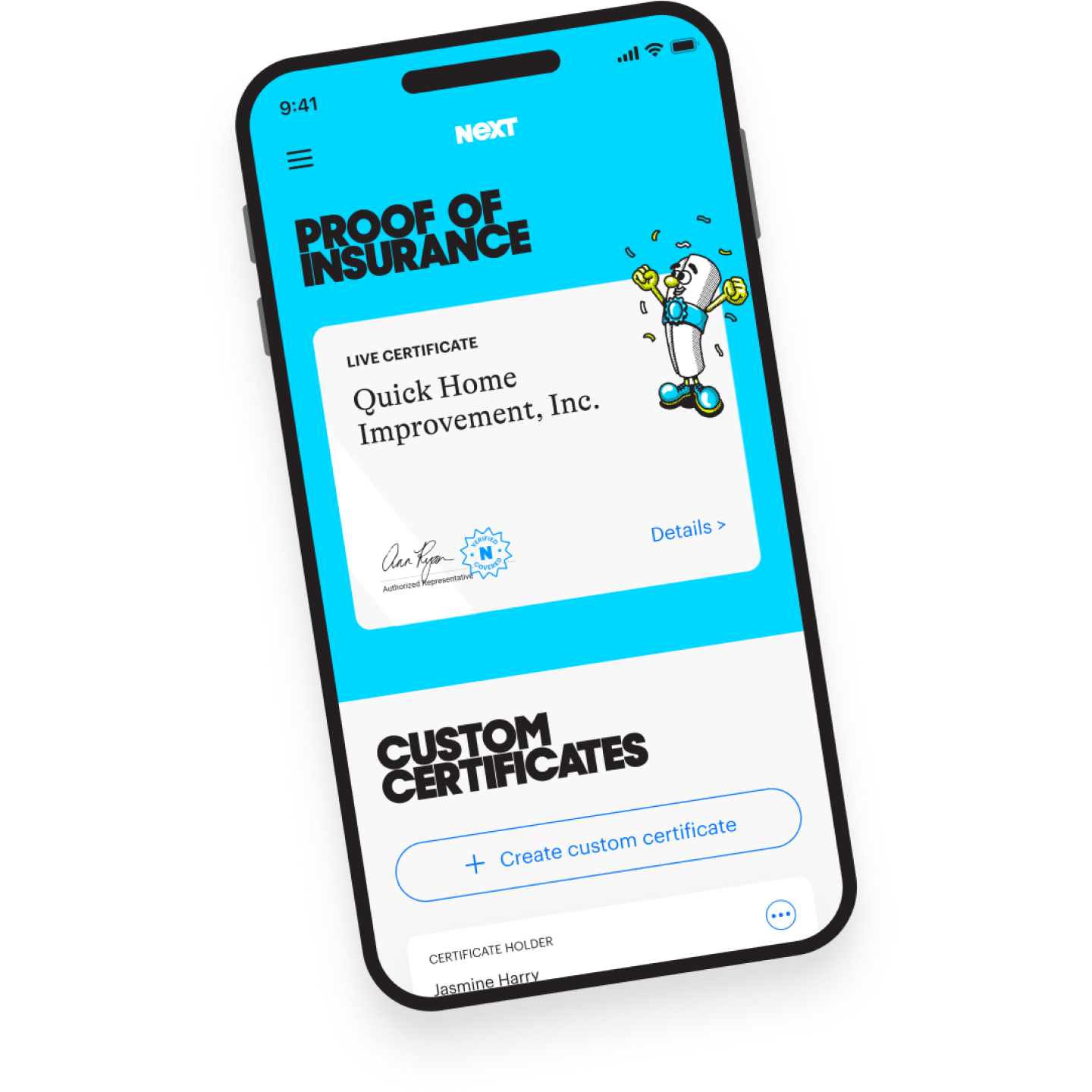Our child care insurance packages are designed to protect your business from a variety of risks and help you save money to grow your business. You can be protected from financial losses related to:
Damage to someone’s property
A family’s high-end stroller is broken while you’re on an outing with their child and they blame you for the damage. The
general liability coverage in your insurance package could help pay for a replacement.**
Accidents that hurt someone
A parent slips down the front steps of your home day-care business and breaks their arm. Your
general child care liability insurance coverage could also come into play here by helping to pay for medical costs and legal fees.
Professional mistakes
A client claims that you didn’t provide the educational services outlined in your contract and asks for their money back.
Professional liability insurance could help cover expenses to defend yourself.
Workplace injuries
An employee trips over some toys and injures their leg.
Workers’ compensation insurance with business owner’s coverage can help cover medical bills and lost wages. Workers’ comp is usually required by law if you have employees.
Injuries and damage involving your business vehicles
While driving on a field trip, you rear end another vehicle with your work van.
Commercial auto insurance will help pay for the repairs. This coverage is also usually required by law for business-owned vehicles.
Damage to your own property
A small fire breaks out in your child care facility’s kitchen.
Commercial property insurance can help with replacement or repair costs if your owned or leased property is damaged due to a covered event, such as a burst water pipe, fire, tornado or vandalism.


















